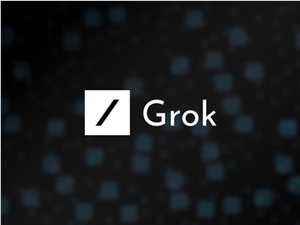Nvidia recently launched three new NIM (Nvidia Infrastructure Microservices) microservices as an extension of the NeMo Guardrails open-source toolkit, aimed at providing more refined security controls for enterprise AI applications.
These three new services each have unique features: the first focuses on content safety, preventing AI from generating harmful or biased content; the second ensures that conversations remain within approved topic areas; and the third prevents AI agents from breaking system limitations or jailbreaking. By deploying these lightweight specialized models as safety barriers, developers can address potential protection gaps in global policies.

This move reflects the real challenges faced during the implementation of AI. Although Salesforce CEO Marc Benioff predicted that his platform would have over 1 billion AI agents within a year, Deloitte's latest research indicates that enterprises are adopting AI cautiously: it is expected that only 25% of companies will use AI agents by 2025, and this figure will rise to 50% by 2027.
This data suggests that companies are taking a cautious approach towards AI agent technology, with adoption rates lagging behind the pace of technological innovation. Nvidia's release of these security services aims to reduce concerns about adopting AI agents by enhancing security and controllability.
However, whether these new tools can effectively accelerate the implementation of AI in enterprises remains to be seen.










